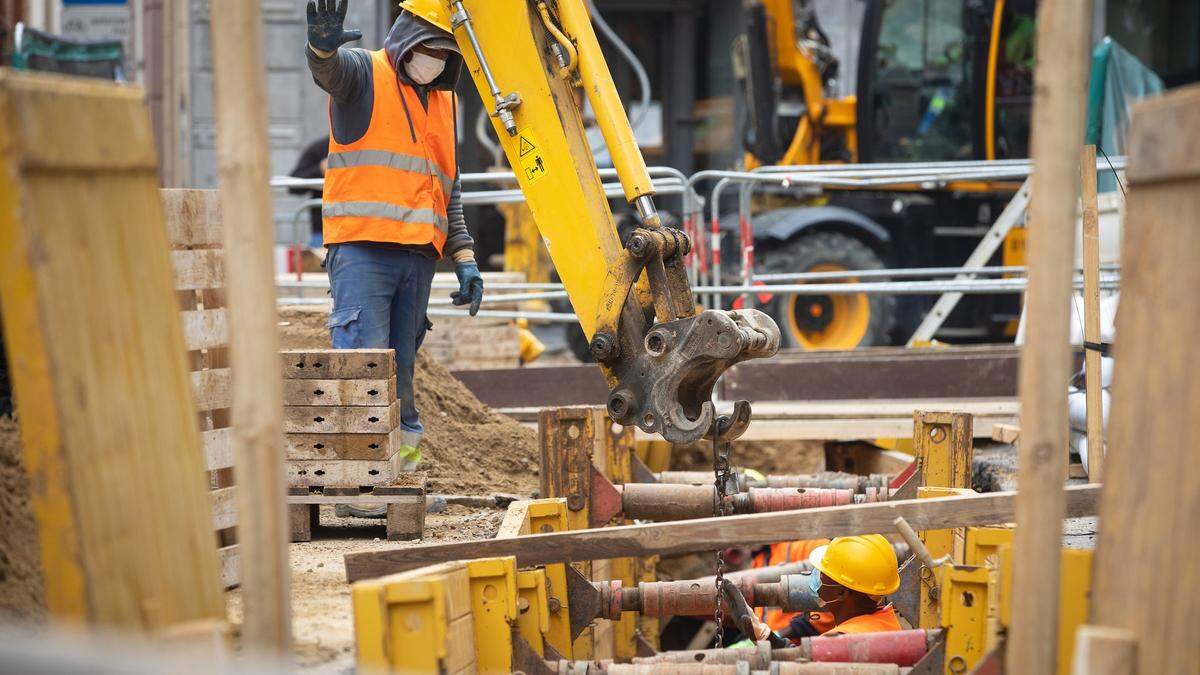Confidence levels in Luxembourg’s construction sector have dropped to levels not seen since the financial crisis in 2009, the country’s official statistics agency Statec said Tuesday, despite rising optimism in other parts of the economy.
The general outlook among Luxembourg construction entrepreneurs “continues to decline”, Statec said in its latest review of Luxembourg’s economy. 40% of all job losses linked to bankruptcies last year were in the construction sector, according to a separate Statec report published last month.
Also read:Housing yet again at top of government lobbying agenda
“At the start of 2025, it is at a level not seen since the financial crisis of 2009. Around 60% of companies in the sector are currently complaining of insufficient demand; this proportion was only 10% at the beginning of 2022,” the flash outlook report noted.
In other sectors of the Luxembourg economy, there was a rebound in confidence at the start of 2025, Statec said.
“After having fallen sharply in the third quarter of last year, the morale of Luxembourg service companies has resumed an upward trend. This is confirmed in the latest survey in January, where the confidence indicator has increased for the fourth consecutive month and rises to a level not seen for two and a half years,” Statec said.
The last few months had seen a fall in the share of companies citing financial constraints and improved outlook for employment, the report found.
“In the retail sector, which is the subject of a specific business survey, the trends observed in Luxembourg are fairly comparable to those in other services: a fairly pronounced decline in retail confidence in the third quarter of 2024, followed by a rebound,” Statec said.
However, the growing optimism is not reflected in all sectors, the report noted, adding that “the current level of confidence remains below its historical average”.
The outlook in Luxembourg was generally rosier than in other eurozone countries, Statec said.
Although confidence in the retail sector has been rising across the eurozone since the end of 2024, “this growing optimism is not observed everywhere (and particularly not in the three countries bordering Luxembourg)”, the report concluded.
Tuesday’s report from Statec comes just a day after the EU’s official statistics agency Eurostat said Luxembourg’s annual inflation rate stood at 2.4% in January, below the EU and eurozone’s averages but representing a small increase from the end of last year.
Luxembourg’s economy is predicted to grow by between 2.3% and 2.5% during 2025 and 2026, according to various forecasts from both Statec and the OECD, the group of the world’s most economically developed countries.
However, Luxembourg businesses believe the country’s industry is losing competitiveness when faced with rivals from outside the EU, according to a Statec survey published in January.
